Language is a powerful connector, and within First Nations communities across Australia, unique slang and terms have developed that reflect history, culture, and identity. These words are often heard in daily conversations and have been embraced by many Australians, both Indigenous and non-Indigenous.
Aboriginal and Torres Strait Islander slang has, in some instances, replaced traditional languages due to government policies and systems that historically banned the use of Indigenous languages and cultural practices. For many years, speaking traditional languages was discouraged or outright forbidden in schools, missions, and institutions. As a result, communities developed new ways to maintain cultural connections through slang and adapted English terms, creating a unique linguistic identity that continues today. These words serve as a form of resilience, preserving cultural ties and reinforcing a shared sense of belonging despite the suppression of original languages.

Here’s a look at some of the most commonly used Aboriginal slang terms and what they mean.
Deadly
In Aboriginal slang, ‘deadly’ is a term of praise and admiration. While it might sound negative to those unfamiliar with it, ‘deadly’ actually means ‘awesome’ or ‘excellent.’ It is often used to compliment someone’s achievements, skills, or cultural pride. For example, if someone performs a great dance at a cultural festival, you might hear: “That was a deadly performance!”
Blackfella
‘Blackfella’ is a widely used term by First Nations people to refer to themselves or other Aboriginal and Torres Strait Islanders. It is an identity marker that fosters a sense of community and belonging. However, it is important to note that this term is used within the First Nations community and should not be used by non-Indigenous people unless given permission.
Gammin
‘Gammin’ is a playful word that means ‘not true,’ ‘not serious,’ or ‘fake.’ It can be used when someone is teasing or exaggerating a story. For example, if someone says, “I just won the lottery!” their friend might reply, “Nah, you’re gammin’!”
Brother and Sister
In Aboriginal culture, ‘brother’ and ‘sister’ are not just biological terms but also ways of referring to close friends or members of the community. These terms reinforce kinship and respect, even when there is no direct family relation. For example, you might hear, “Hey brother what’s happening” even if the two people are not blood relatives.
Uncle and Aunty
‘Uncle’ and ‘Aunty’ are terms of respect used to address older Aboriginal and Torres Strait Islander men and women, regardless of blood relation. These titles acknowledge wisdom, experience, and cultural authority. It is a way of showing deep respect for Elders and those who play a guiding role in the community.
Elder
An ‘Elder’ is a respected member of the Aboriginal community who holds cultural knowledge, wisdom, and leadership. Elders play a vital role in passing down traditions, stories, and teachings to younger generations. They are addressed with deep respect, and their guidance is highly valued in the community.
Sorry Business
‘Sorry Business’ refers to the period of mourning and cultural practices surrounding the passing of a loved one. It is an important part of Aboriginal culture, encompassing ceremonies, gatherings, and responsibilities to pay respect to the deceased. Sorry Business is taken very seriously and can last for extended periods, depending on cultural protocols.
Tidda
‘Tidda’ is a term used to refer to a sister or a close female friend. It signifies strong bonds between women in First Nations communities and is often used as a term of endearment and support. For example, you might hear, “My tidda always has my back.”
Doopy
‘Doopy’ means silly, crazy, or dumb. It’s often used in a lighthearted way to describe someone acting foolish or confused. For instance, if a friend is daydreaming and not paying attention, you might hear, “Oi, don’t be doopy! Listen up!”
You Lubly
‘You lubly’ is a term used in a teasing or affectionate way to call someone lovely, but often with a bit of cheekiness. It’s commonly heard in friendly banter among Aboriginal and Torres Strait Islander peoples.
Dumb Dog
‘Dumb dog’ is a semi playful insult often used jokingly among friends or siblings. It’s not meant to be taken too seriously and is used in a similar way to calling someone dumb or clueless.
Mob
‘Mob’ is a term used to describe a group of Aboriginal and Torres Strait Islander people who share a common identity, whether through family, community, or Country. It is a term of belonging and connection. For example, someone might say, “Where’s your mob from?” to ask about a person’s family or cultural background.
Respecting Aboriginal Language and Slang
Understanding and appreciating Aboriginal and Torres Strait Islander slang is a step towards acknowledging and respecting First Nations cultures. However, it is important to use these words respectfully and be mindful of context. Some terms are meant to be used within the community, while others have become more widely accepted in Australian slang. When in doubt, listening and learning from First Nations people is the best approach.
Language is a living part of culture, and Aboriginal and Torres Strait Islander slang continues to evolve, carrying with it the strength and spirit of Australia’s First Nations people. Learning these words not only enriches everyone’s vocabulary but also fosters deeper cultural understanding and connection.

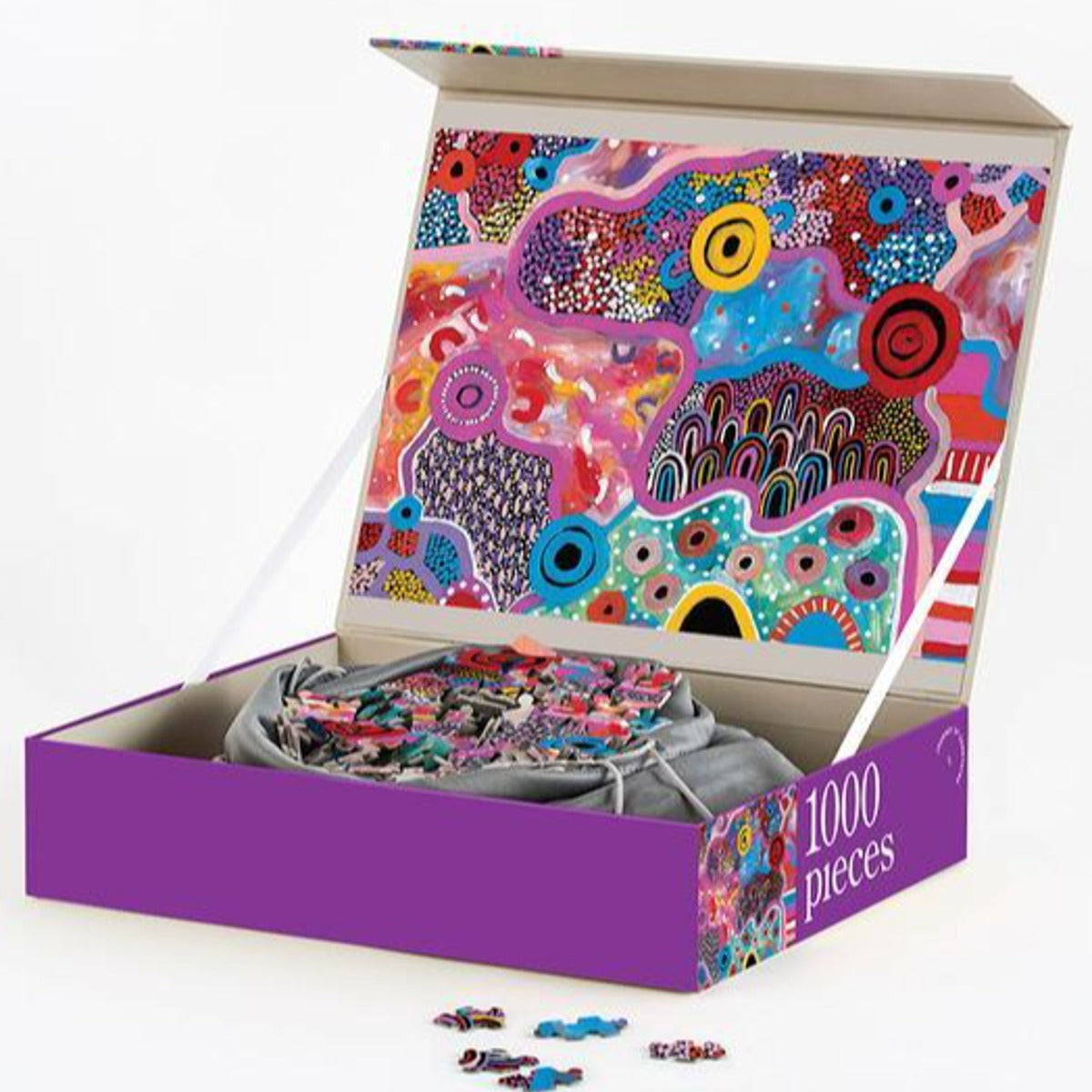
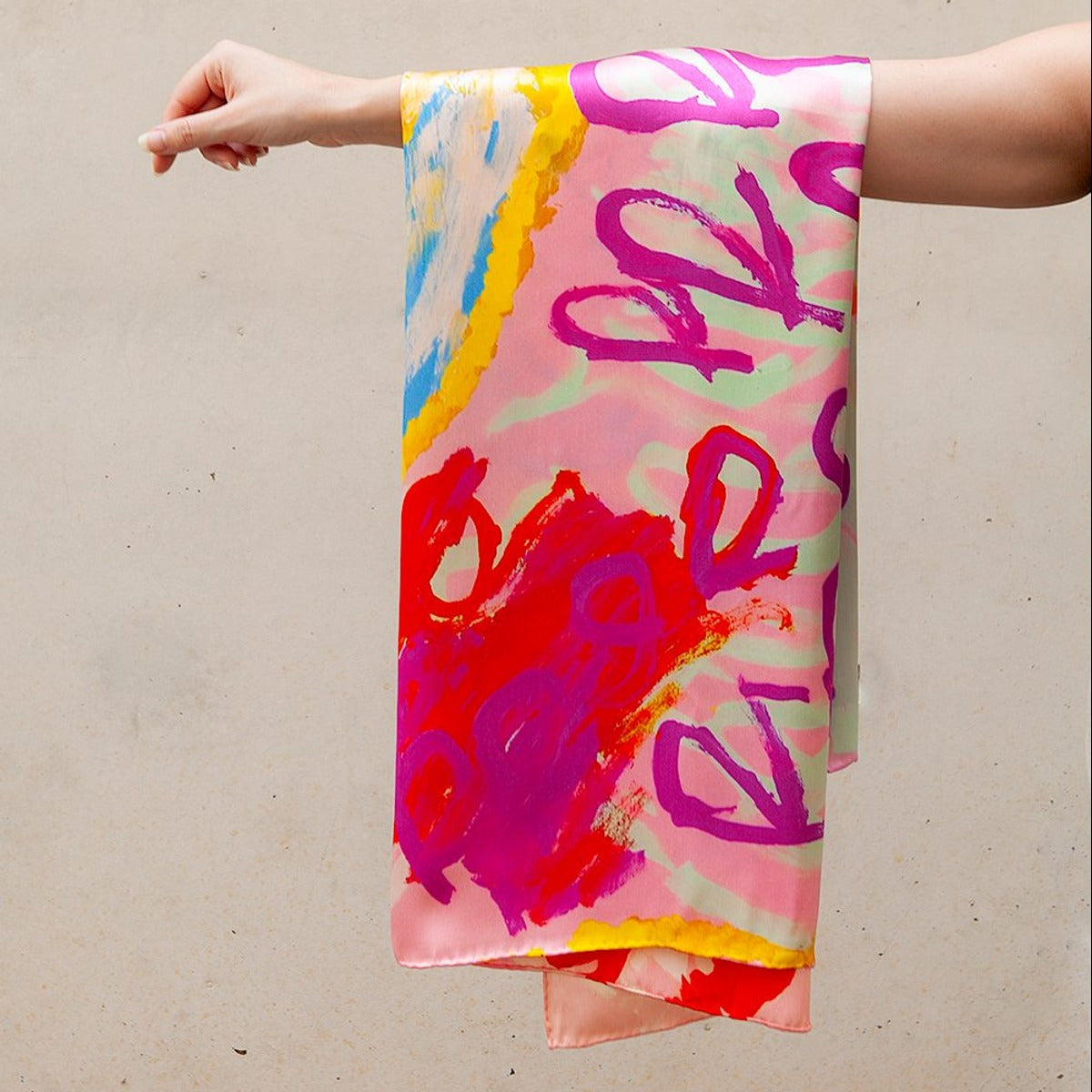


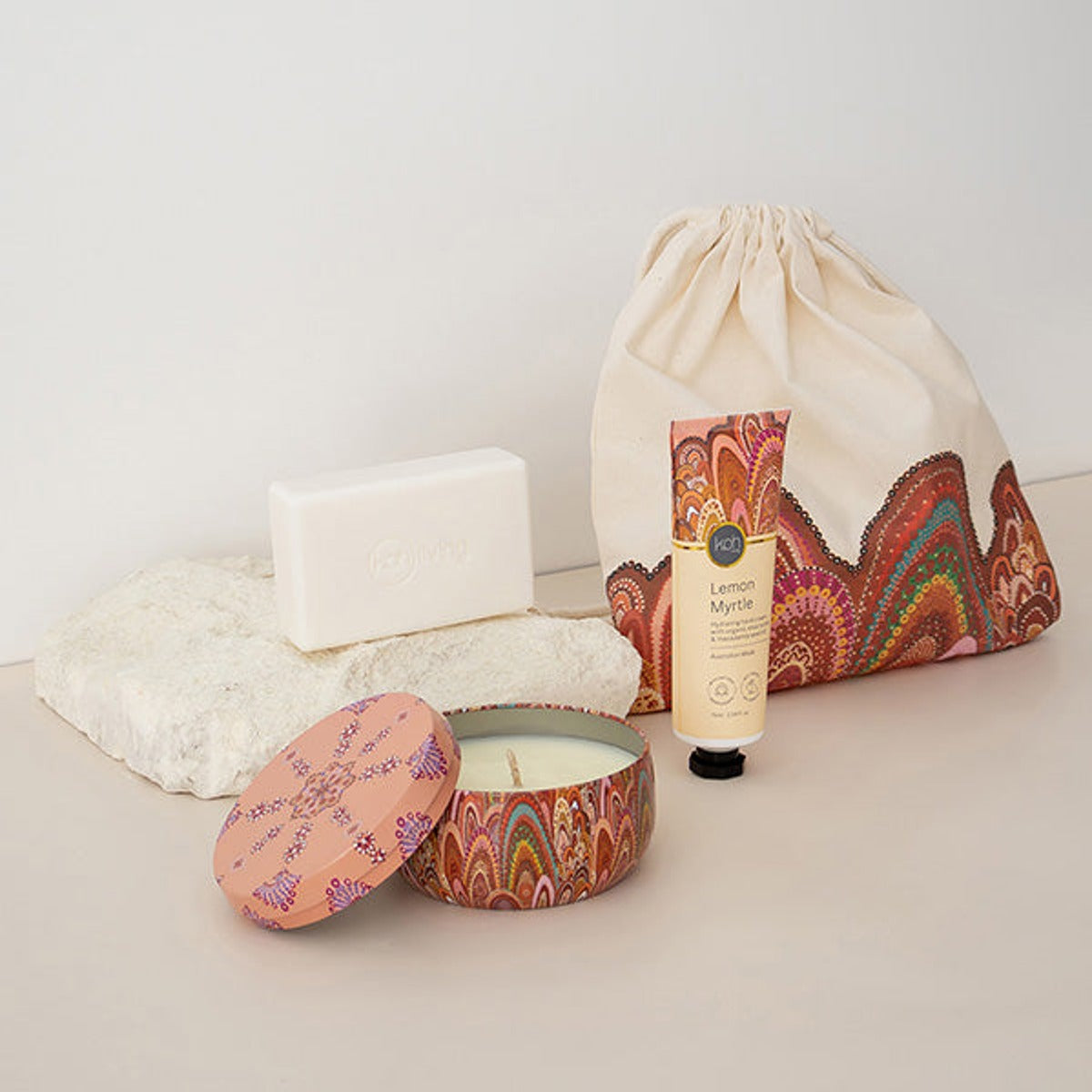
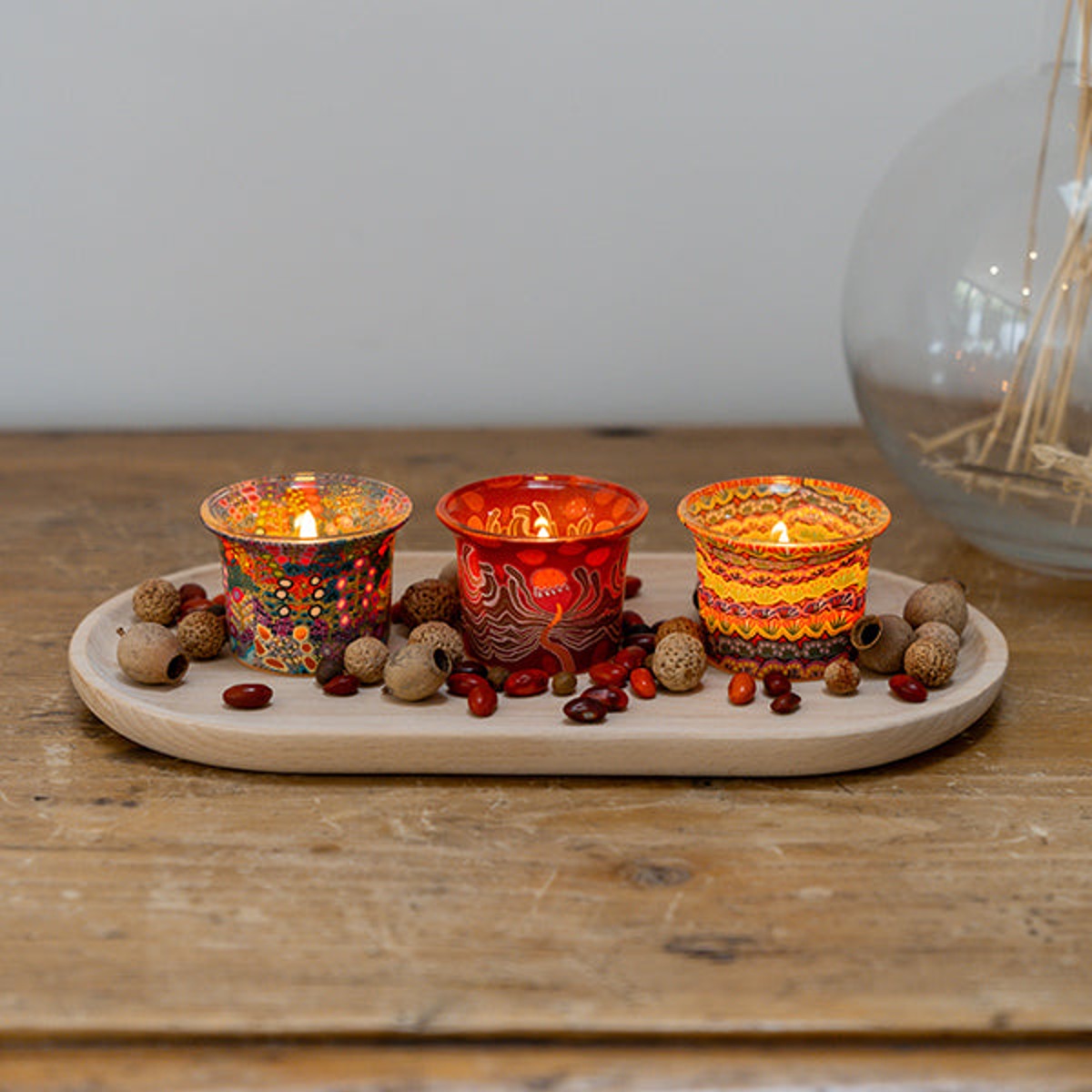
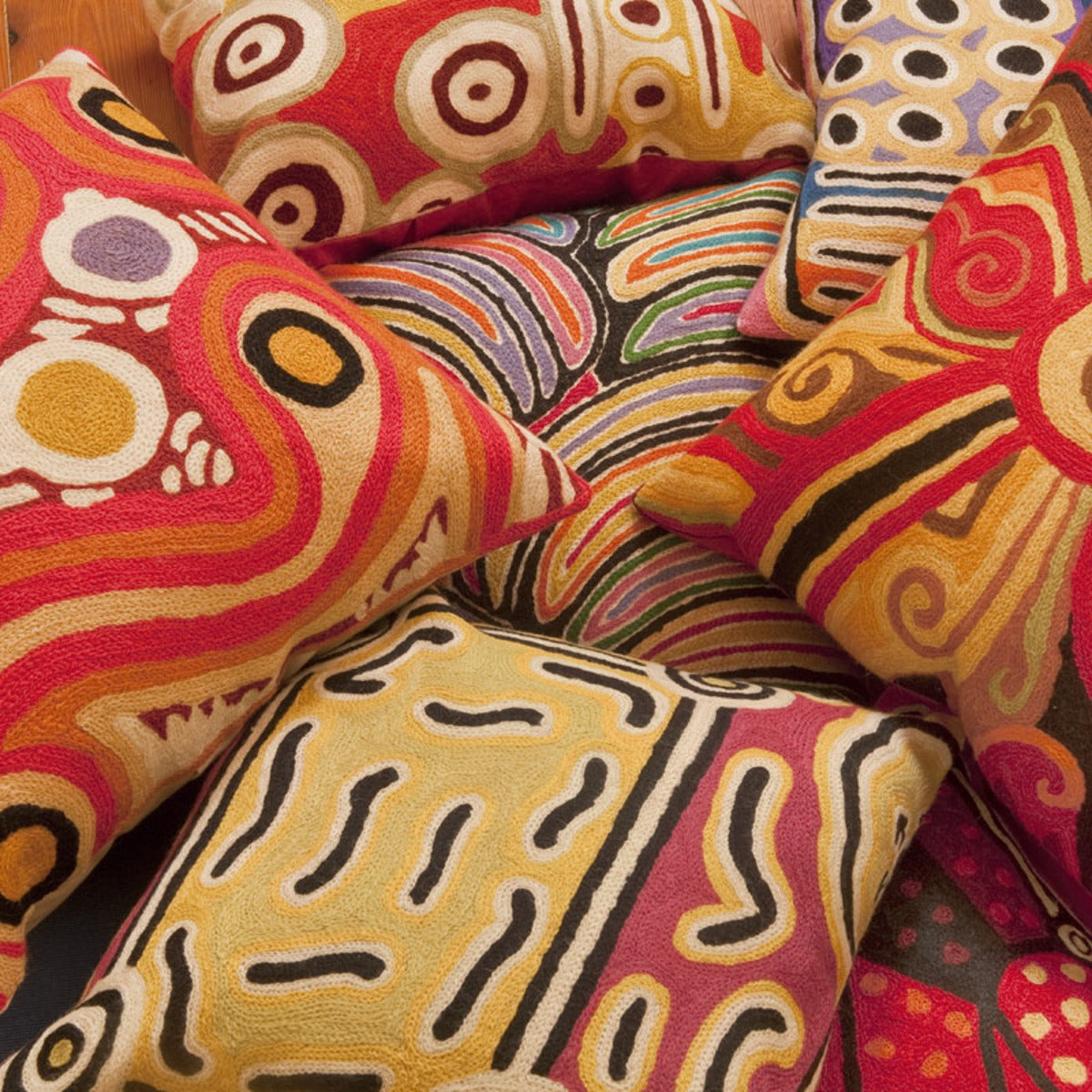
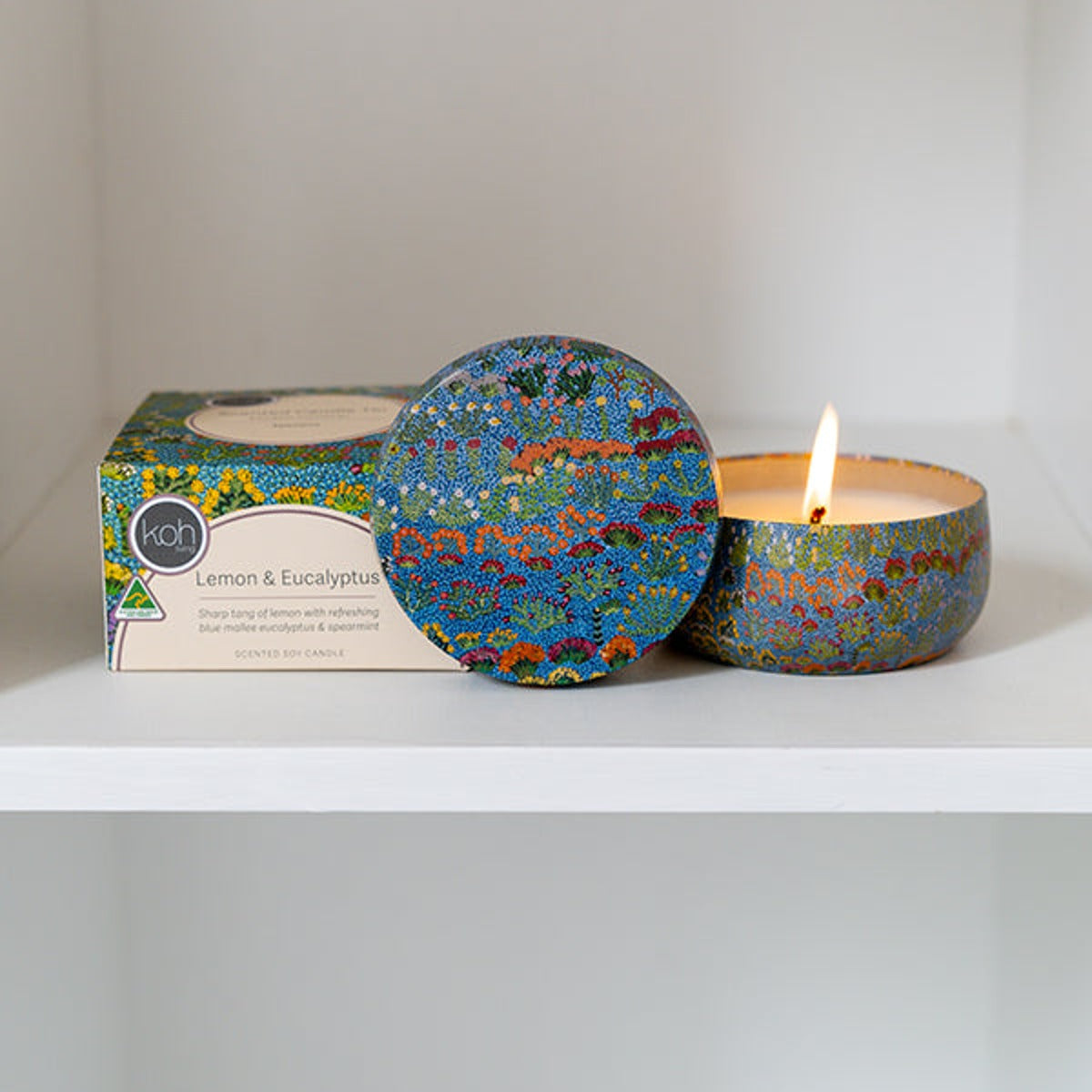
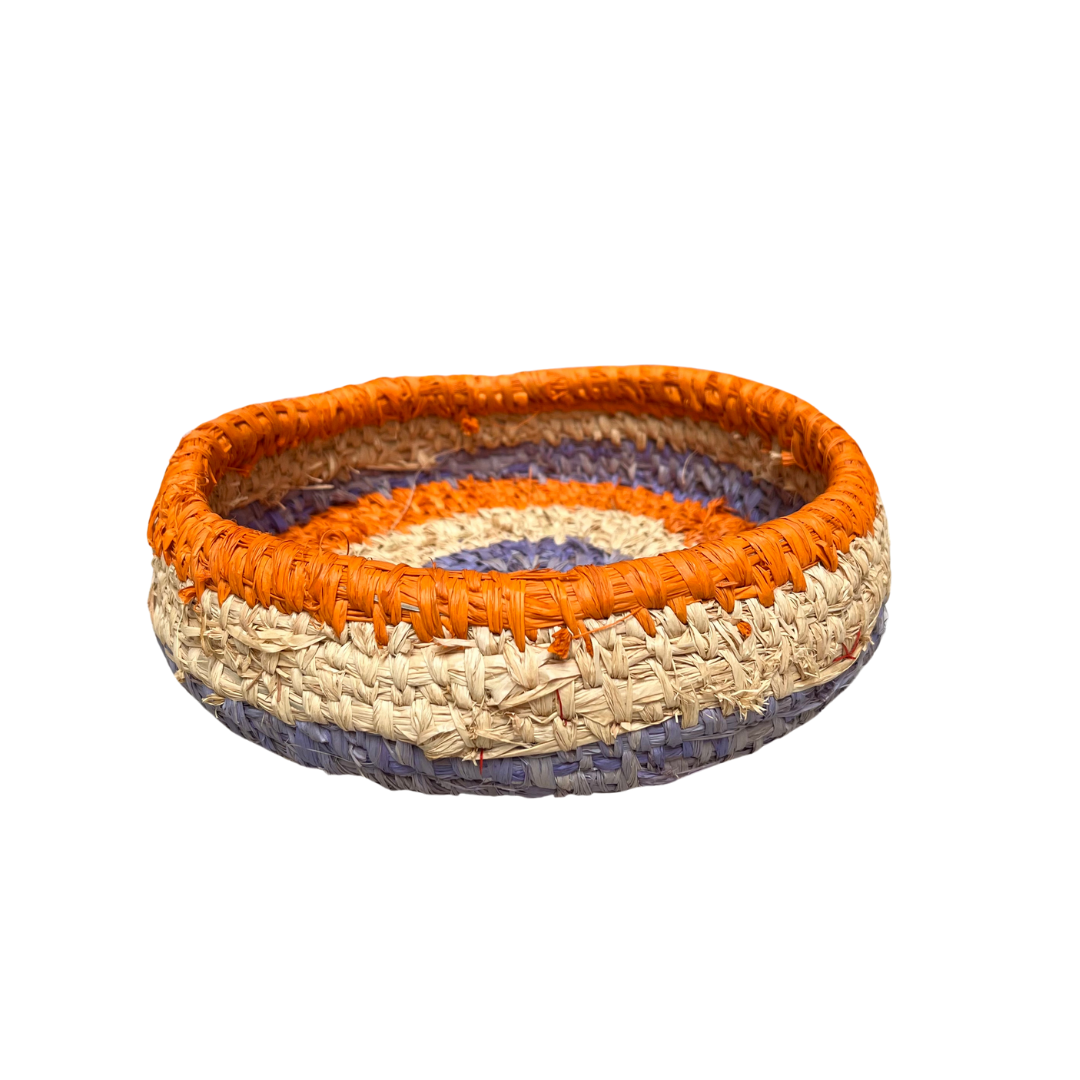
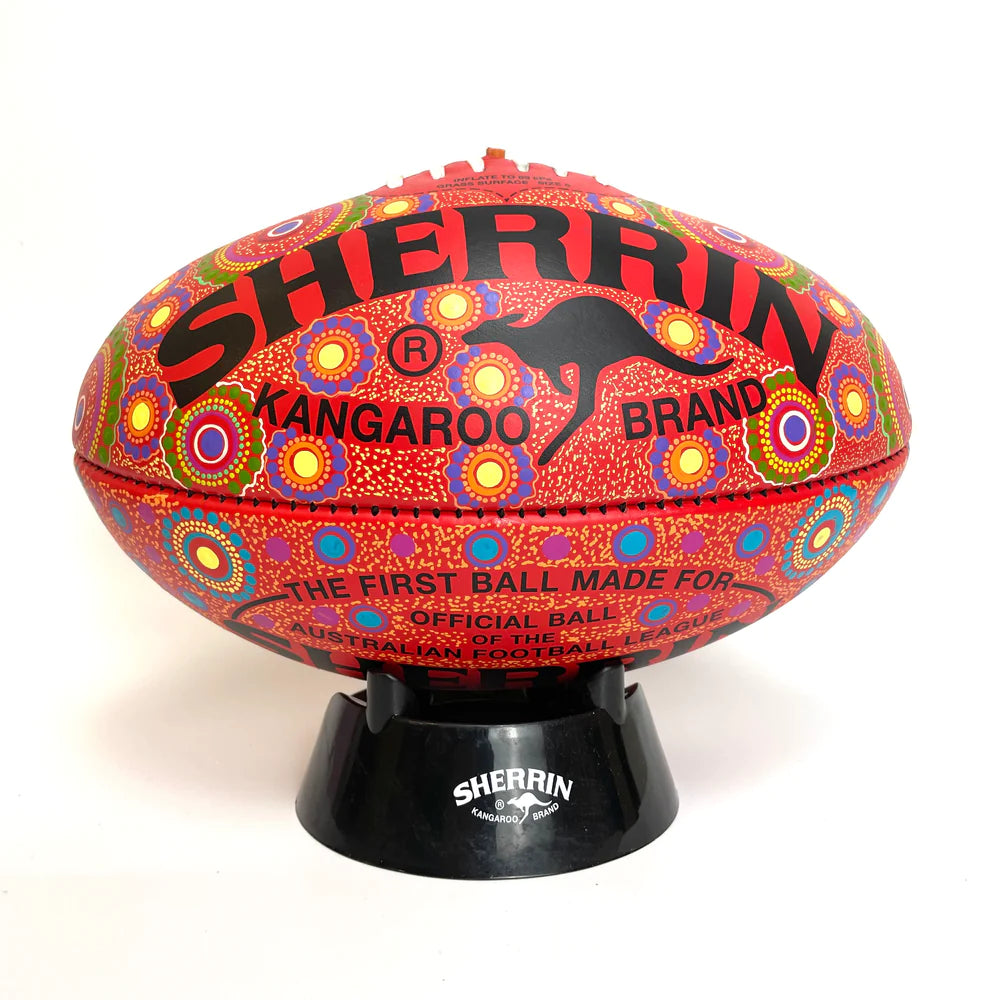
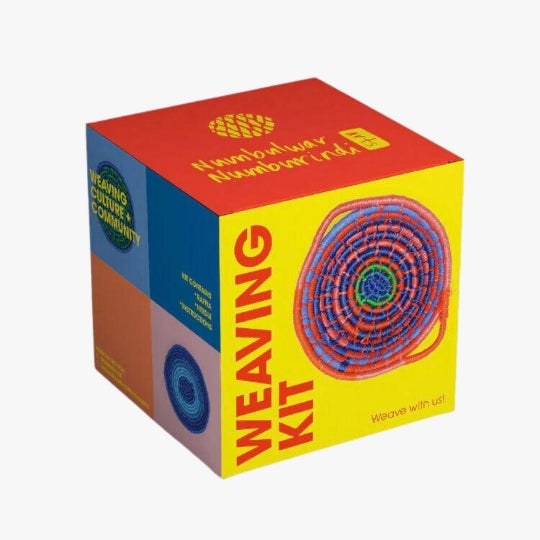
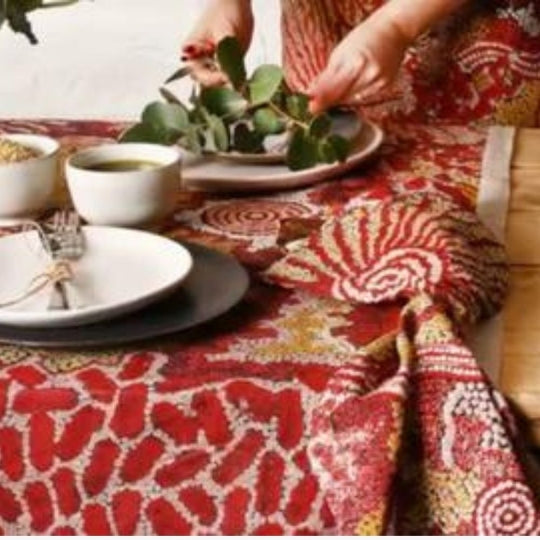
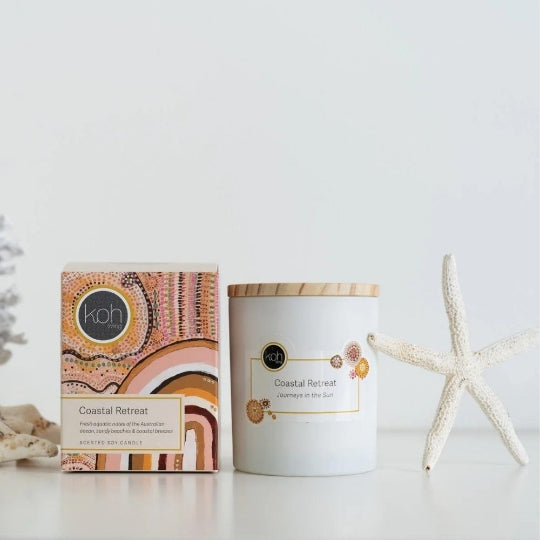
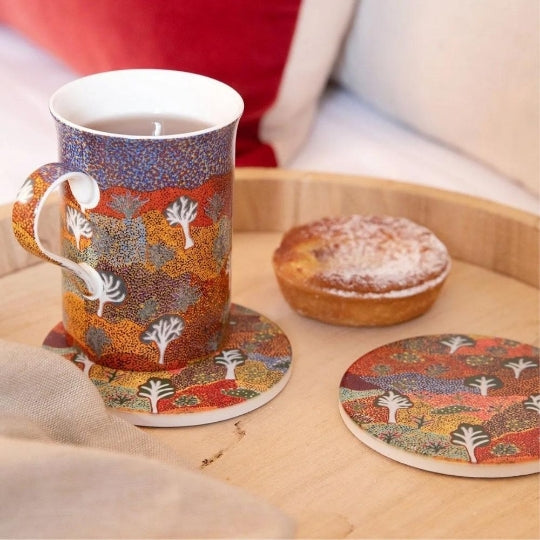
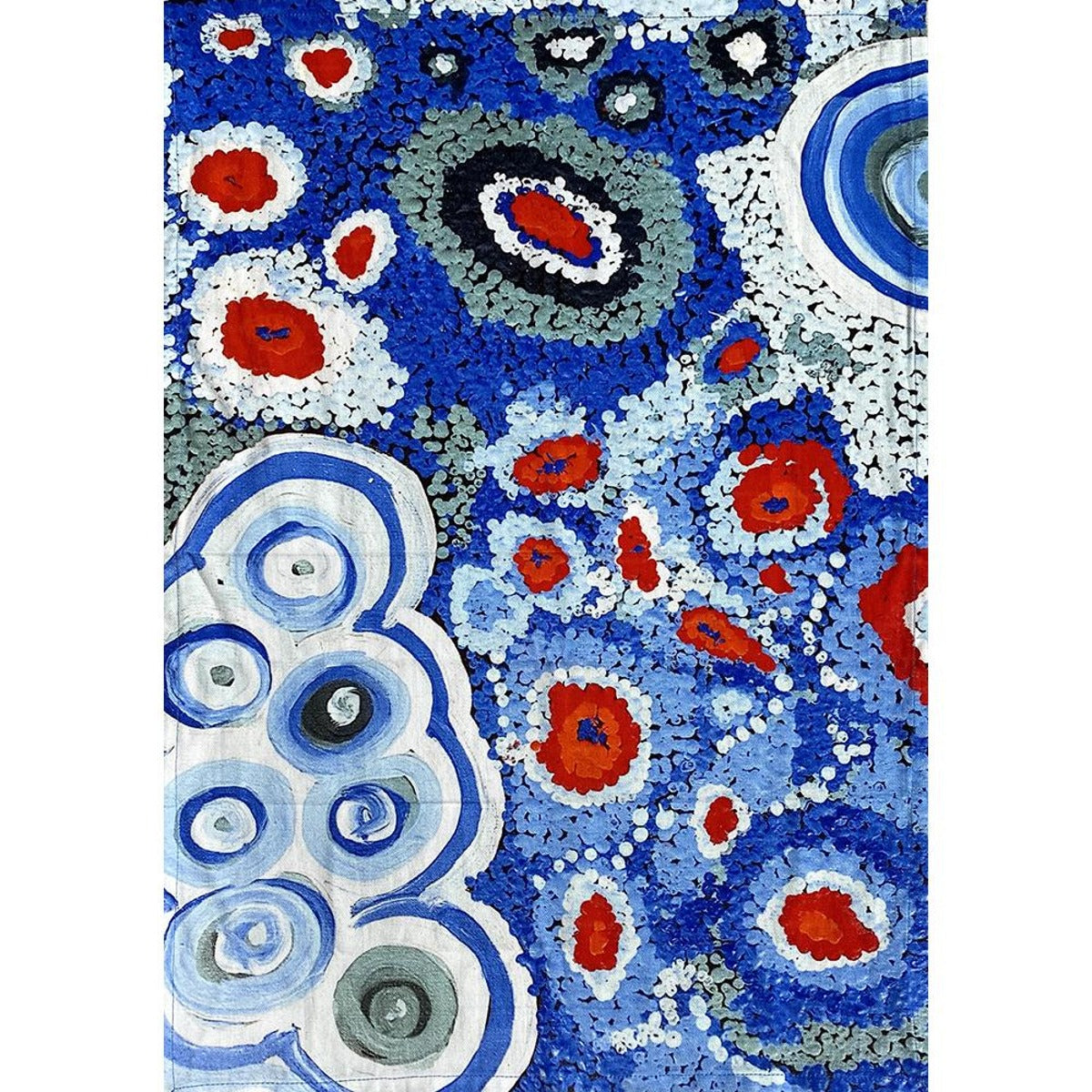
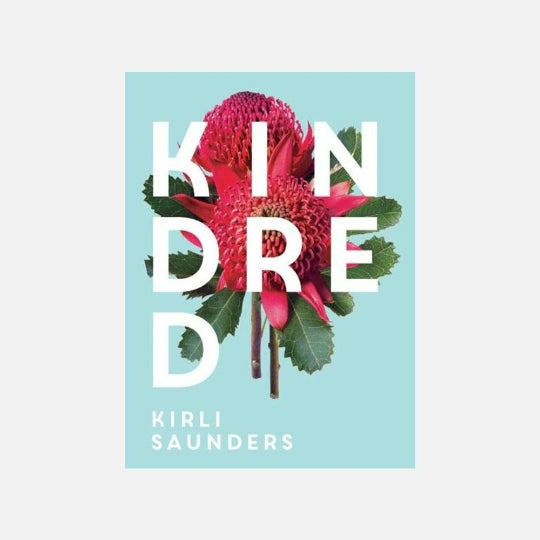
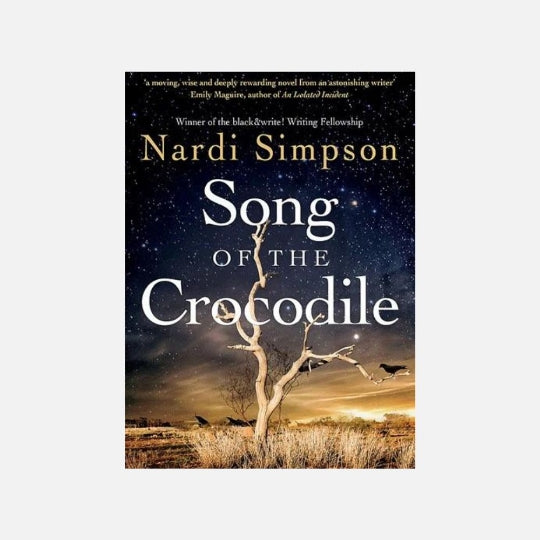
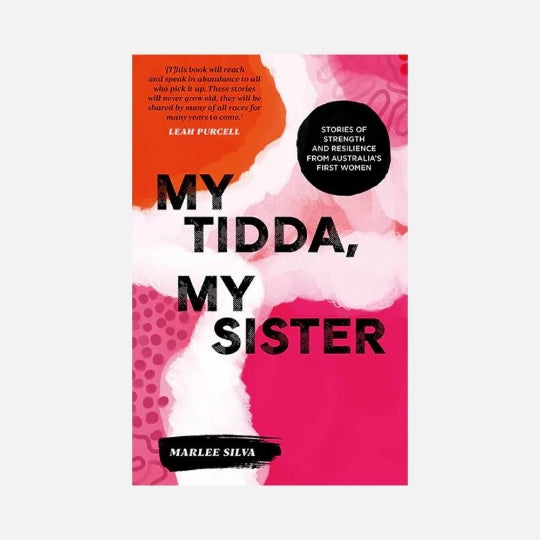
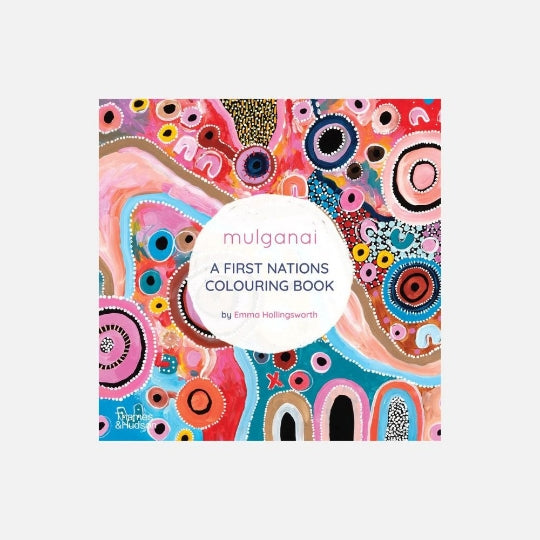
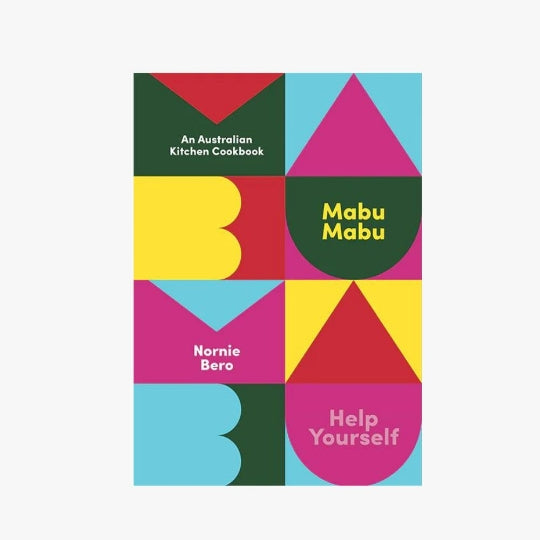
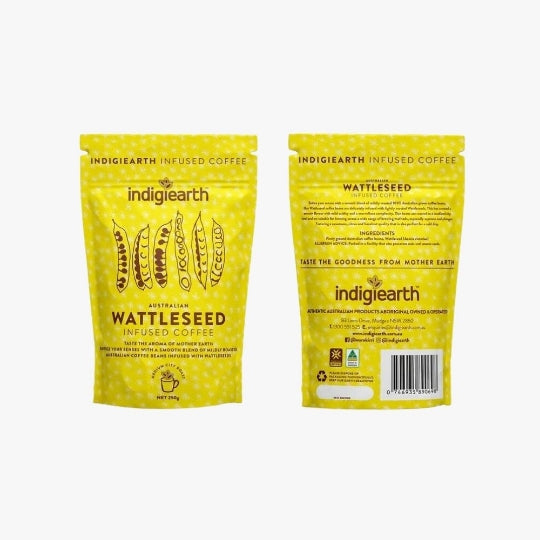
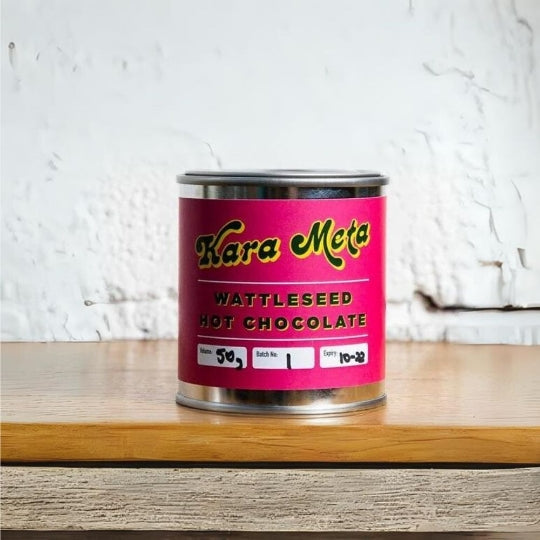
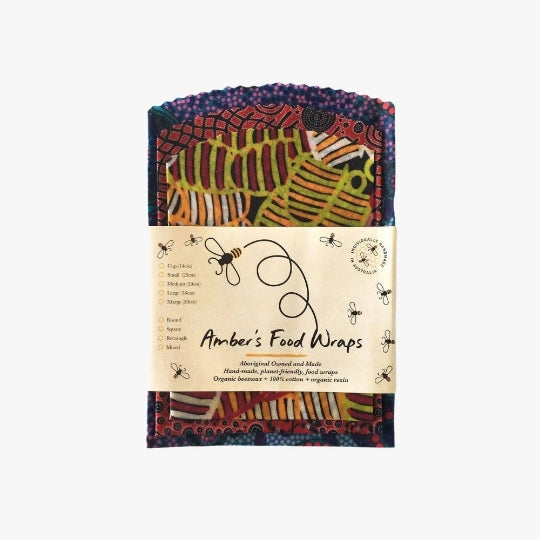
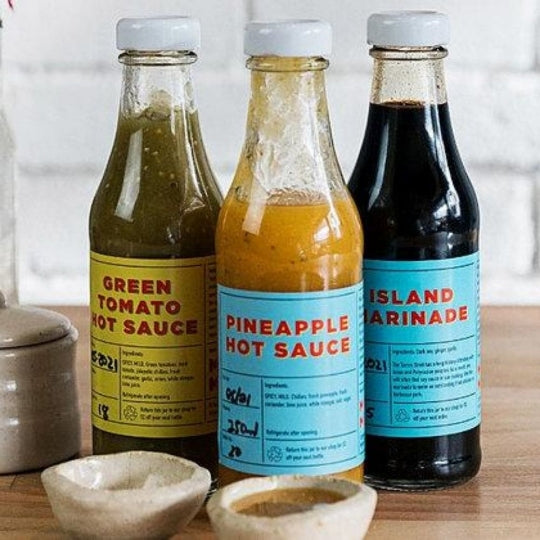
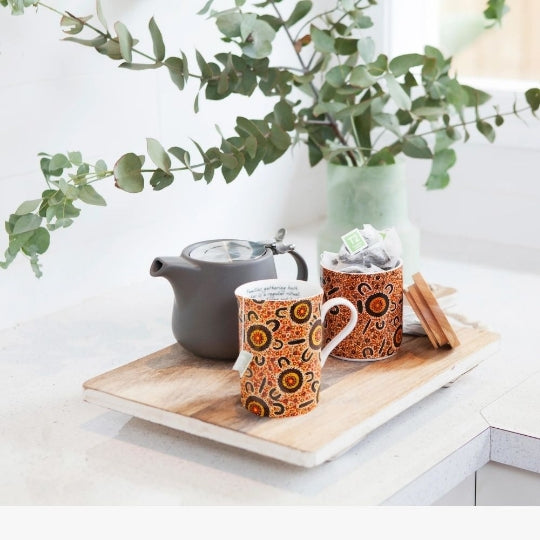
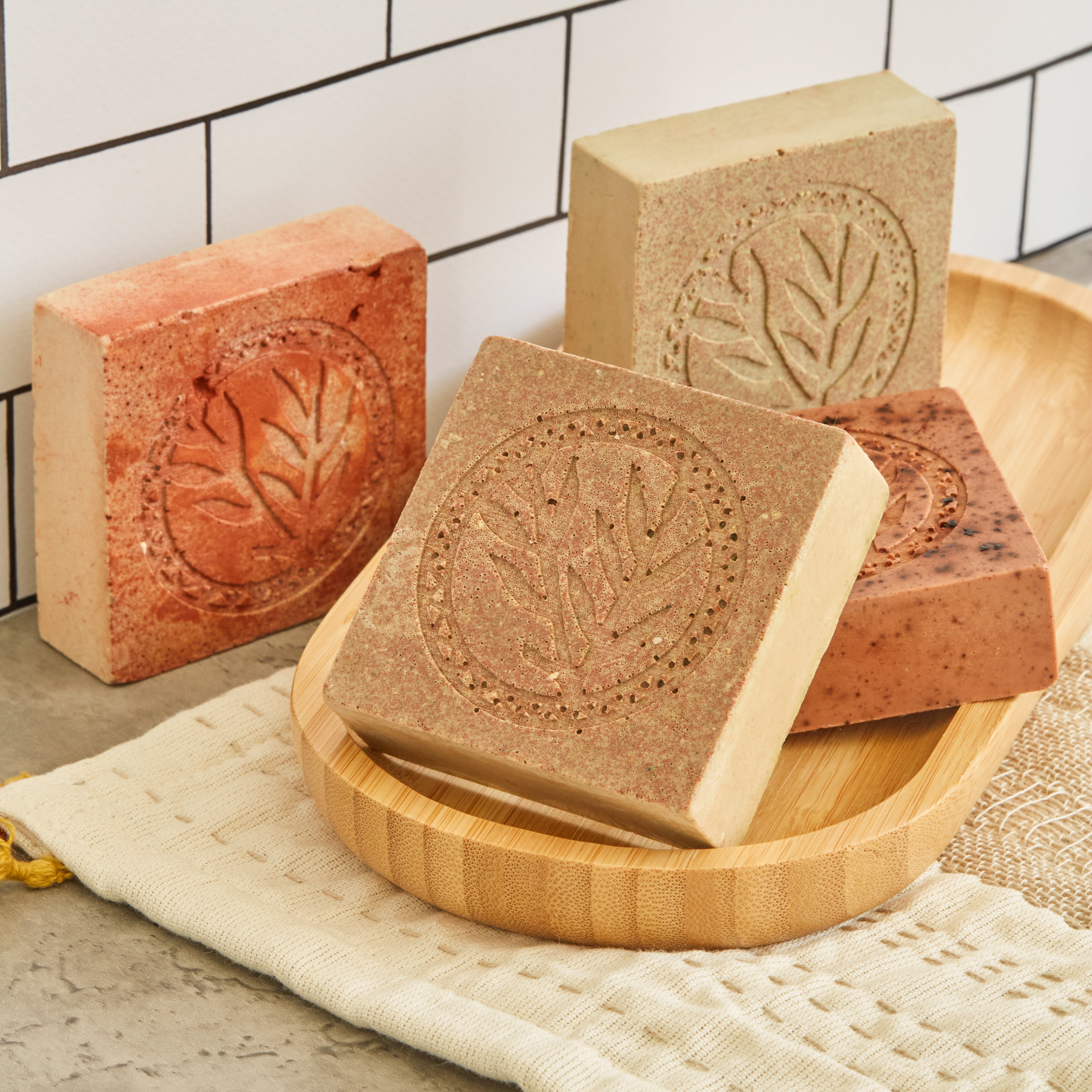
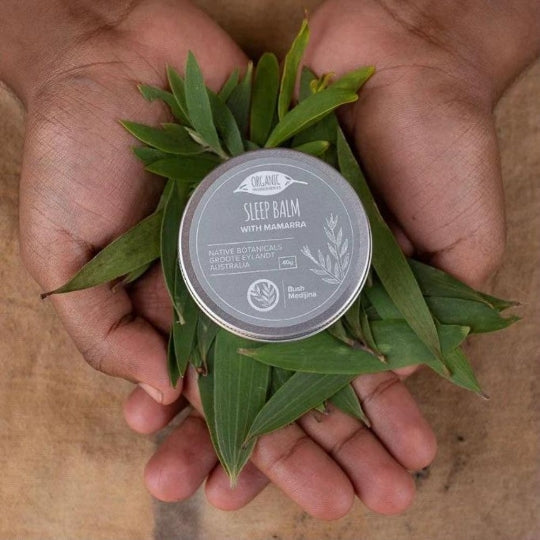
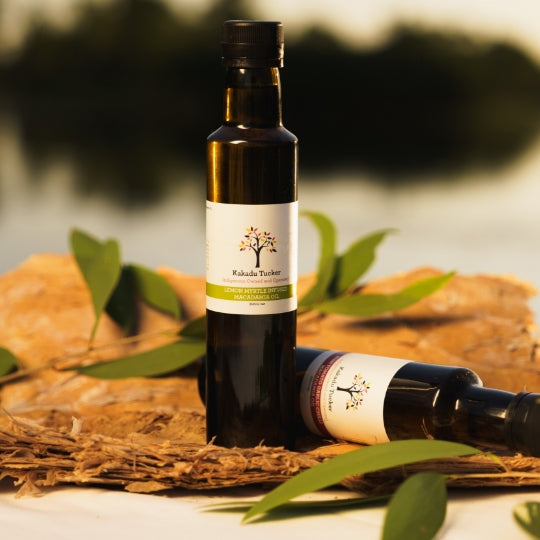
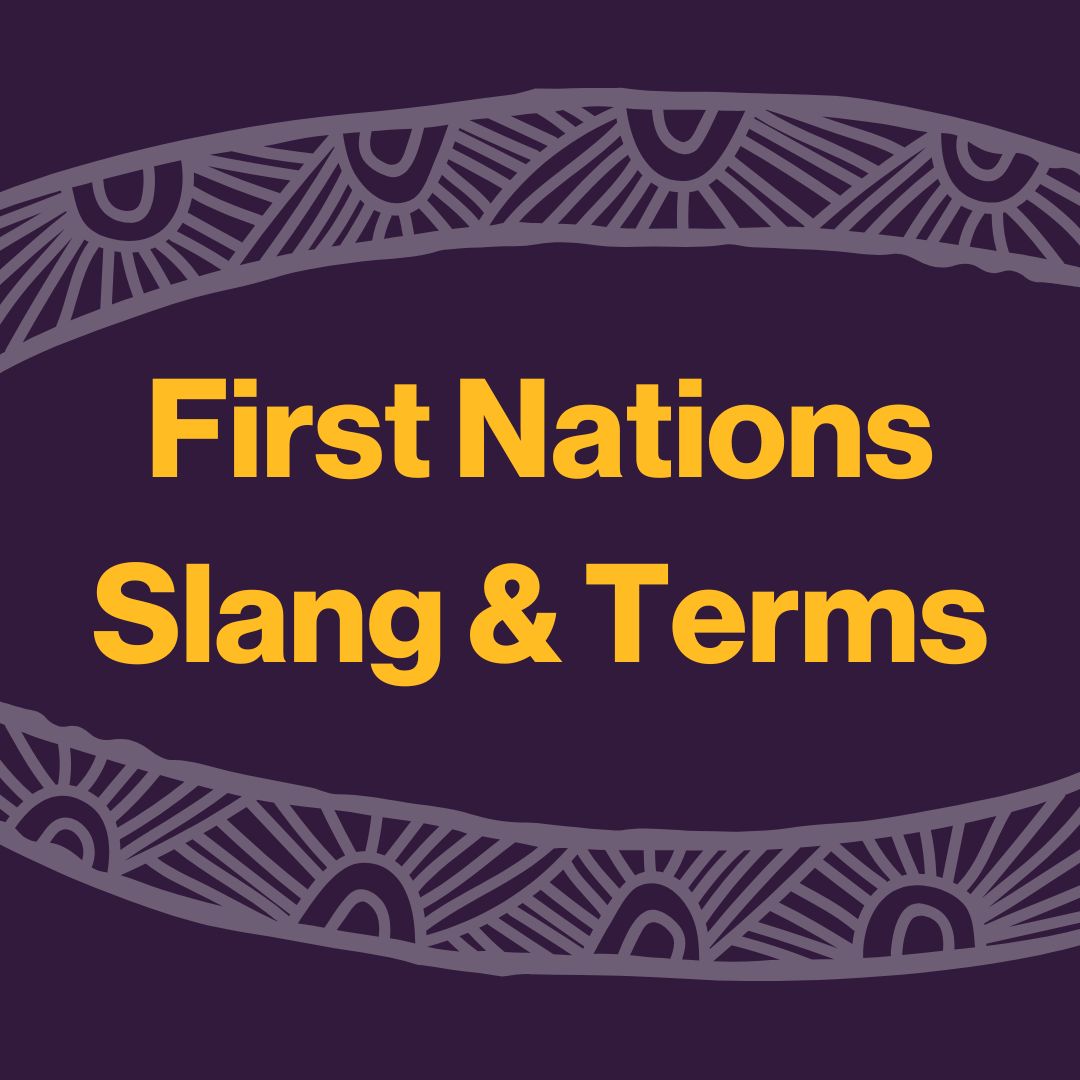
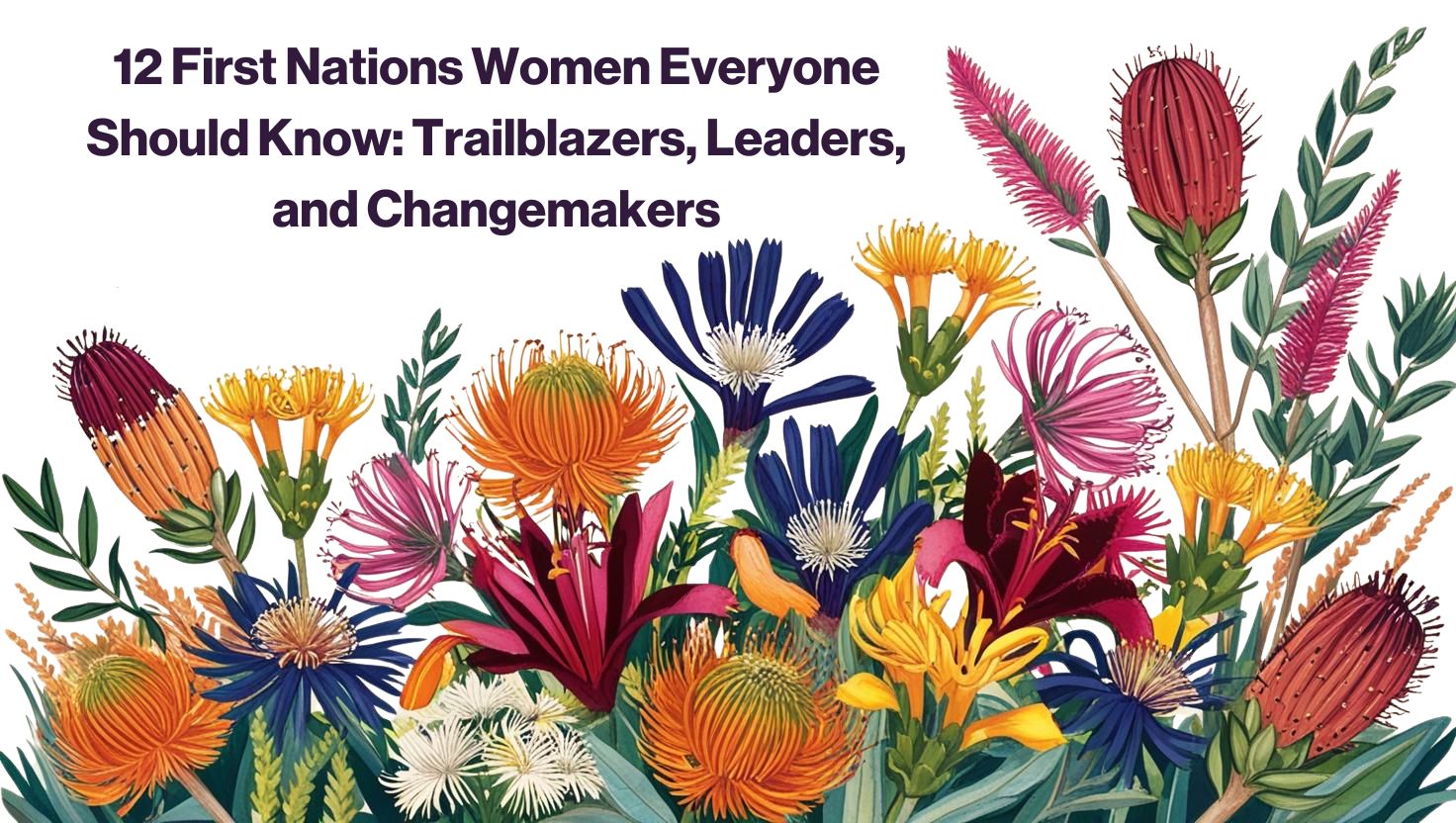


Leave a comment
This site is protected by hCaptcha and the hCaptcha Privacy Policy and Terms of Service apply.